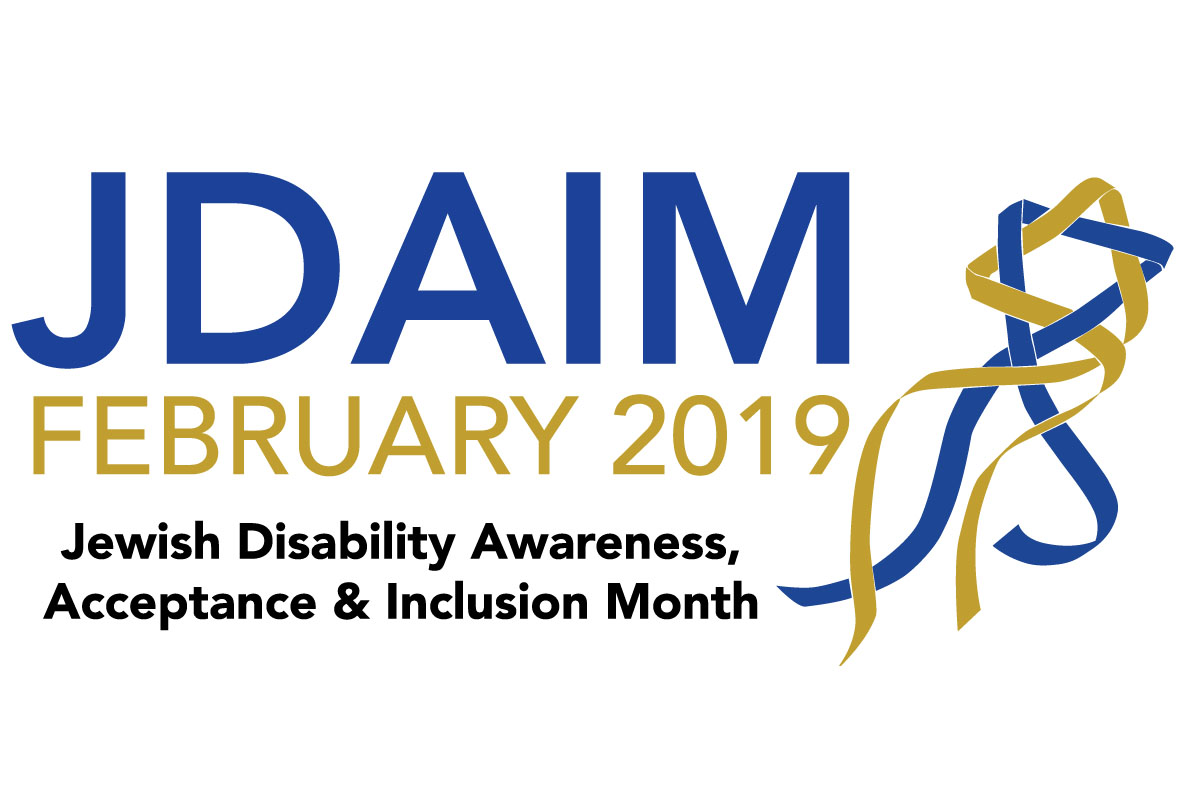People with disabilities and their families are frequently ‘groomed’ by sexual predators.
The #MeToo movement has given voice to millions of survivors of sexual harassment, abuse and assault. It’s created an atmosphere of safety enabling them to share their stories and, in some cases, receive justice.
But the movement did little to raise awareness about the devastating statistics of sexual assault and abuse among people with disabilities.
“According to the Vera Institute of Justice [an independent nonprofit national research and policy organization], children with disabilities are three times as likely to be sexually abused or assaulted than their [typically developing] peers,” says Drew Fidler, director of prevention and education at the Baltimore Child Abuse Center. “They are also more likely to endure multiple forms of mistreatment and multiple episodes of maltreatment.”
Individuals with disabilities are at an increased risk of sexual abuse because some of them may be easier targets for perpetrators, says Lauren Shaivitz, executive director of CHANA, which supports survivors of domestic and elder abuse and sexual trauma. Typically she says, perpetrators “groom” their victims.
“Grooming is a slow process in which perpetrators make victims feel comfortable and like they have a special relationship with the perpetrator,” says Shaivitz. “The perpetrator makes the victim feel it is appropriate to have secrets, and there is an expectation of loyalty.”
Often, she says, perpetrators groom their victims’ families as well. Grooming confuses victims who think the abuse must be acceptable since the perpetrator is someone the victim likes and trusts. Grooming victims’ families makes it less likely they will believe a family member who discloses being abused by the perpetrator, she says.
“Perpetrators are opportunists and will put themselves in positions where they have easy access to victims,” says Shaivitz. “They will choose the most vulnerable among us, so depending on their disabilities, the perpetrator may be able to skip right over the grooming process. … The disability eliminates a lot of barriers.”
Individuals with disabilities are also more vulnerable because they may not be able to articulate the abuse they are suffering.
“I worked with an older woman who was severely disabled,” says Shaivitz. “She kept saying over and over again that someone hurt her stomach. Finally someone asked her, ‘Where is your stomach?’” Shaivitz showed the woman a photo of a naked body and she pointed to the genitals.
“She didn’t have the language to disclose,” she says. “That makes it easy to perpetrate abuse and get away with it.”
Children with certain disabilities are more vulnerable to abuse simply because of their physical limitations, says Fidler. For example, some may need help with bathing and toileting, activities that place them in situations where they are alone with a perpetrator.
“In most relationships between adults and children, adults hold the power and authority,” Fidler says. “In relationships with children with disabilities, adults hold even more power, since children may be more reliant upon them.”
Fidler and Shaivitz agree that education and prevention can help prevent the abuse of individuals with disabilities.
“At CHANA, we help institutions create policies that reduce risk and opportunities for abuse to happen,” says Shaivitz. “For instance, perhaps when working with kids who need help in the restroom, the door is never closed.”
Shaivitz says creating a language of safety understood by everyone in the community makes it easier for victims to disclose abuse, and for those they confide in to respond appropriately.
“In [CHANA’s Magen Yeladim Child Safety Institute’s] Safety Kid prevention program, we teach kids about ‘Do tell moments,’” says Shaivitz. “When a child tells an adult they have a ‘Do tell moment,’ the adult knows they have something very important to say and they need to pay attention.
“Many disclosures are accidental,” she says. “They are overheard, when a child says something to another child, or the child is acting out sexually or knows things about sex that a child of that age wouldn’t normally know. … Our goal in prevention is to help kids make an intentional disclosure as soon as possible. We want to reduce the time frame between the incident and the disclosure. We don’t want people carrying this around with them through their 50s, 60s, 70s.”
Says Fidler: “Institutions that care for children with disabilities should have comprehensive child protection policies and procedures. How does the institution handle suspicions of abuse or neglect? Who can staff go to with a suspicion, and what is their mandated reporting duty? Institutions should have rigorous hiring policies and be training staff to recognize, respond and report abuse.”
Meanwhile, says Fidler, “Caregivers of children with disabilities should learn about statistics of abuse, what they can expect of organizations and what questions to ask to make sure that children are well taken care of.”
[box type=”shadow”]The following events will be held around town in honor of February as Jewish Disabilities Awareness and Inclusion Month:
B’More Inclusive Tot Shabbat (Free)
Fridays – Feb. 1, 8, 15, 22 at 11 a.m.
JTown at the Park Heights Jewish Community Center
cjebaltimore.org
Intro to American Sign Language
Mondays – Feb. 4, 11, 18, 25, 7:30 – 9 p.m.
Macks Center for Jewish Education Conference Room
cjebaltimore.org/ASLclass2019
Harmony at Home: Promoting Better Behavior and Self Control
Feb. 5, 7:30 p.m. | Beth Tfiloh Dahan Community School Rosen Arts Center
SHEMESH presents ADHD expert Dr. Russell Barkley
shemeshparentlecture.eventbrite.com
CHADD/SHEMESH Meeting
Feb. 6, 8:00 p.m.| Park Heights JCC
For parents of children with attention issues and poor executive functioning.
shemeshbaltimore.org/
Shifting from School to Adulthood
Feb. 7, 14, 21, 28, 2019, 1:00 p.m. | Park Heights JCC
Free four-part workshop to help parents and caregivers of children with varying abilities navigate this transition.
410-843-7353 or cwhite@jcsbaltimore.org.
Supporting People with Disabilities: Panel Discussion and Resource Expo
Feb. 19, 5:30-7:30 pm | Park Heights JCC
Join The Associated and the Baltimore Jewish Abilities Alliance to learn about resources available to community members with disabilities.
Contact Mary Haar (mhaar@associated.org or 410-369-9311).
Jewish Federations of North America Jewish Disability Advocacy Day
Feb. 26, 9 a.m. (Breakfast begins at 8:30 a.m.)|Rayburn House Office Building, Rooms 2043-2045 Washington, D.C.
The eighth annual Jewish Disability Advocacy Day, led by the Jewish Federations of North America and the Religious Action Center of Reform Judaism.
Register: https://form.jotform.com[/box]
For information, visit bcaci.org and chanabaltimore.org.





